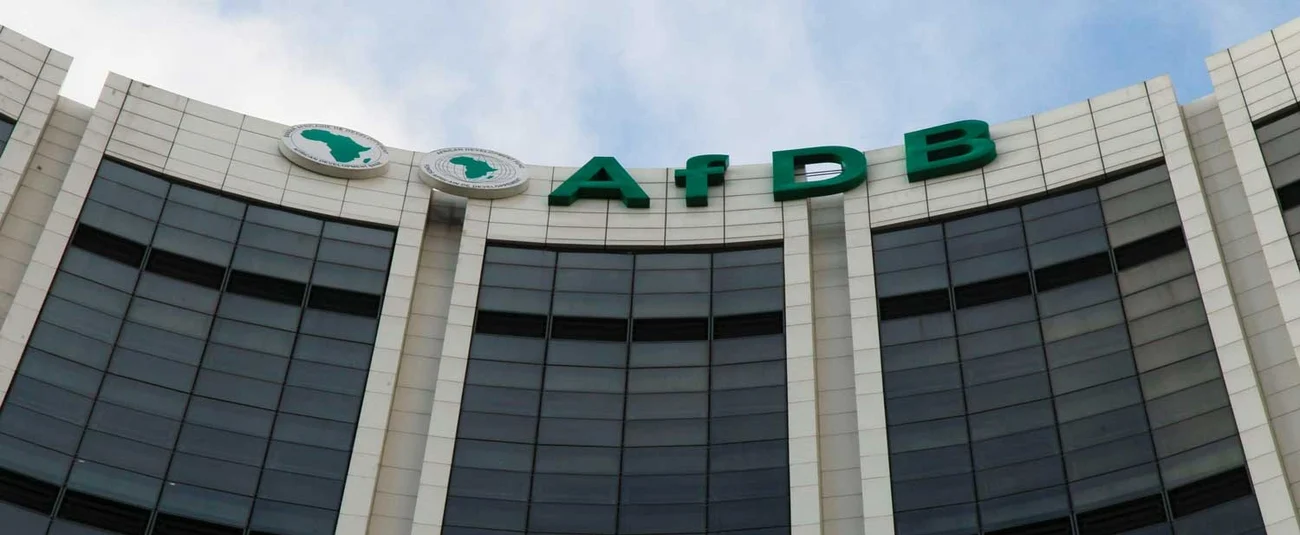By Melvin Onwubuke
The President of the African Development Bank, Akinwumi Adesina has said that Africa imports between 70 per cent and 80 per cent of its medicines.
Adesina stated this on Wednesday in Lagos while being honoured with the Obafemi Awolowo Prize for Leadership, according to The Punch.
Africa is losing $2.6 trillion a year because of poor productivity caused by ill health, according to Adesina.
He said, “Africa loses today, $2.6tn in lack of productivity, due to sicknesses and diseases.”
In addition, Adesina claimed that COVID-19 exposed Africa’s shortcomings in the field of health and added that there was no one single vaccine available from Africa at any time.
He said, “What is not acceptable or sustainable is that Africa imports today, 70 to 80 per cent of its medicines and produces only one per cent of its vaccines. The health security of 1.4 billion people in Africa must not be subjugated or subjected to the generosity of others.”
Adesina’s position was somewhat different from that of the World Health Organisation, which said that 95 per cent of all medicines used in Africa were imported and the continent accounts for just three per cent of all medicine production globally.
According to a WHO report, COVID-19 pandemic had further exposed Africa’s vulnerabilities in ensuring access to vital drugs, vaccines and health technologies and more and more African governments view the supply of safe, effective and affordable medicines and vaccines as a national security issue.
It said boosting local production would save lives, boost public health and strengthen African economies, including supporting local jobs. It should also trigger the sharing of crucial technologies.
It read partly, “Member states should align their national and regional policies and strategies around local production. This will help economies of all sizes build synergies, share the workload and avoid costly duplication.
“African market integration and trade facilitation is crucial and African countries must make better use of regional economic integration platforms such as the Economic Community of West African States, the Common Market for Eastern and Southern Africa and the new African Continental Free Trade Agreement offer great opportunities.
“More integration will help lead to the manufacturing of products that are in high demand in the region, will expand access to more markets and make local production sustainable.”











